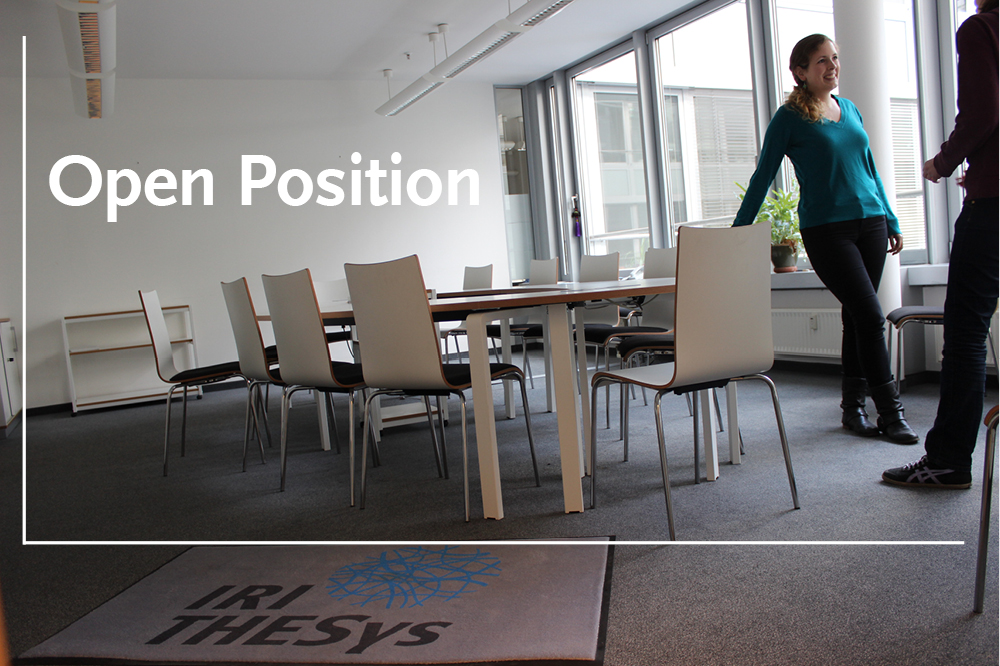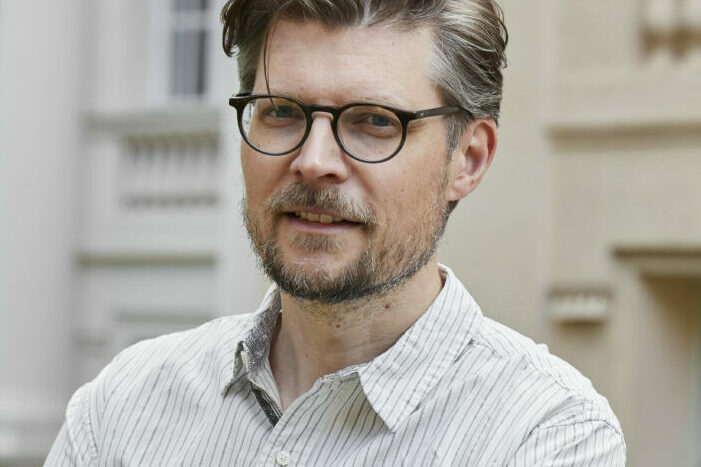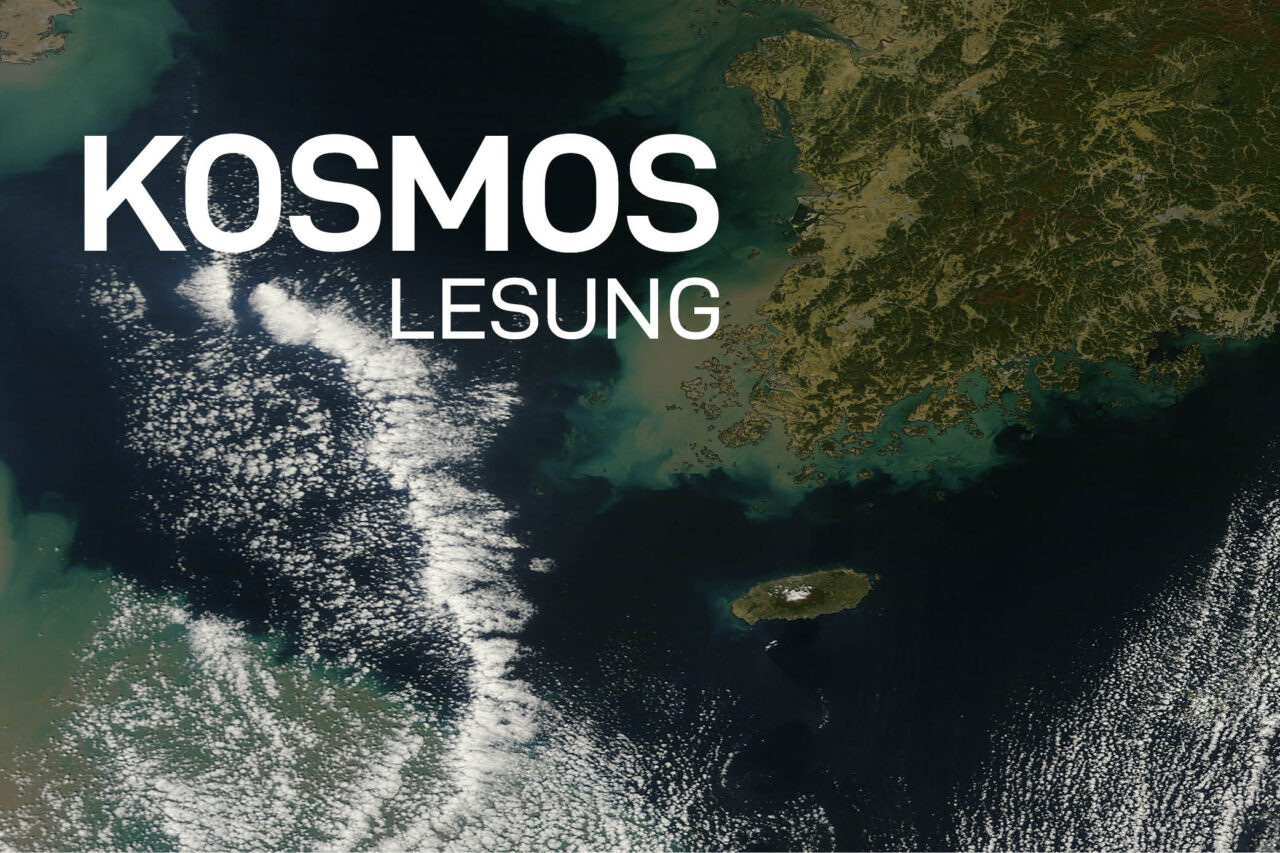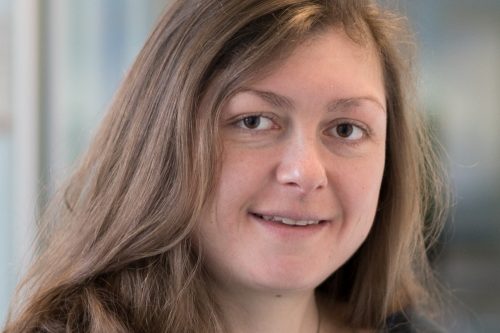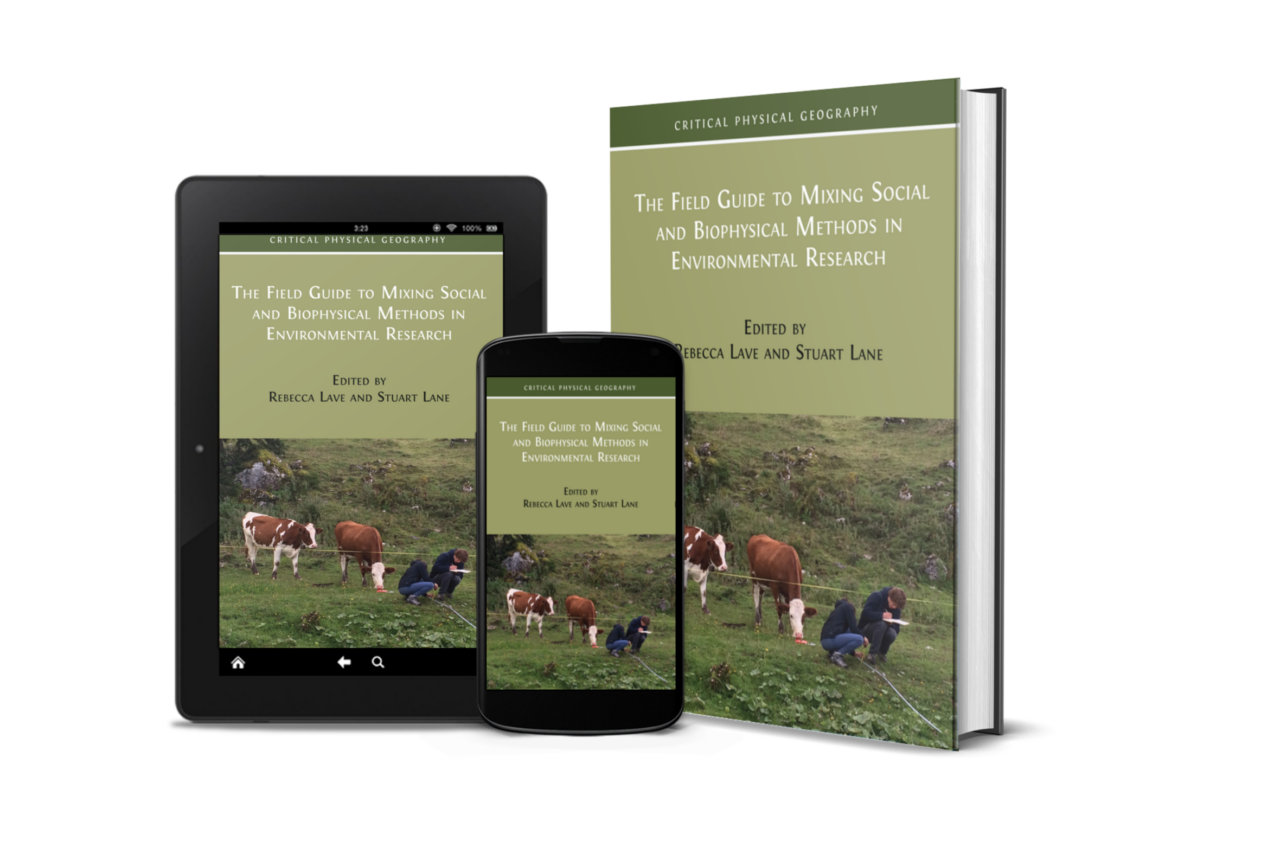With their digital tour of Berlin’s infrastructure history, science communications expert Pauline Münch and historian Timothy Moss have won this year’s Conrad-Matschoß Prize in the category “popular science”. The prize was awarded on 28 September 2023 by the VDI (German Association of Engineers). The Conrad-Matschoß-Prize is given every other year for outstanding contributions to the history of technology.
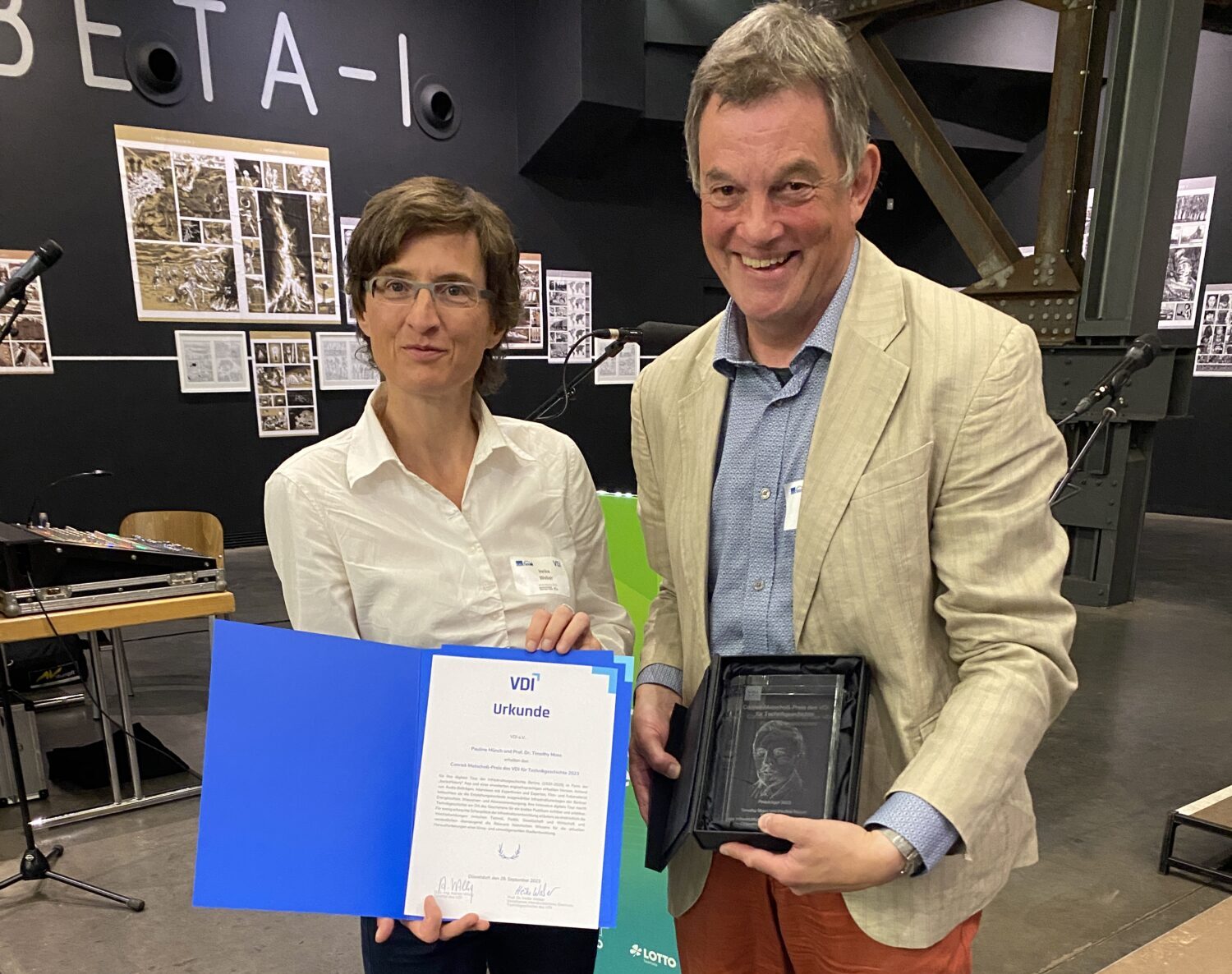
Timothy Moss together with Heike Weber, chair of the Interdisciplinary Board for the History of Technology in the Association of German Engineers VDI, photo: VDI
In an interview, Pauline Münch and Timothy Moss answer some questions.
Pauline, Tim, congratulations on the prize! Your digital tour is called “Remaking Berlin”. Who is the tour for, and what can users expect?
It’s for anybody, really, who likes new takes on Berlin’s history. This tour is about the energy and water infrastructures that often go unnoticed as you pass through the city. We tell their stories in the context of shifting political contexts over the past 100 years, revealing what changed – and what did not change – to infrastructures across Berlin’s turbulent history. We also draw out the relevance of infrastructure histories to ongoing and planned transformations. Two key messages emerge from the tour: first, infrastructures are not as resistant to change as is often assumed; second, infrastructures are always politically framed. So, they can and should be adapted to meet the challenges we are facing today.
And people can expect to learn all about those messages and stories through a mixture of visual and audio elements. There is a high degree of blending multi-modal forms of communication to engage people within a relatively complex topic. Aerial footage, 360-degree images, historical photos, as well as written and spoken input by Tim, all there for anyone to see Berlin through the lens of its energy and water infrastructures.
Do you have a favourite station?
Tim: For me it has to be the Ruths steam storage facility, located at the rear of the Charlottenburg power station. Built in 1928/29 to respond rapidly to daily shifts in household electricity consumption and to cover for plant failures, it is an extraordinary historical precedent for creating the energy flexibility we crave today. “Power-to-x” is all the rage now as we seek to accommodate volatile renewable energy, but the Ruths plant shows that “power-to-steam” has been around for 95 years.
Pauline: The water pump! Actually, it’s changed the way I see the ubiquitous water pumps around the city – there is of course the hydrogeological relevance but also the deep seated social and economic entanglements. But before I go on a tangent, you’d better just click through the tour and see what you think.
The tour won the prize in the “popular science” category. How does a project like this differ from classic scientific work – and do we need more of it?
Drawing a clear distinction between the two fails to capture the attraction of a project of this kind. The tour wouldn’t have been possible without the science input, yet making it took the research to a new level. It wasn’t about ‘dumbing down’ the narrative to reach a non-academic audience; it was rather about thinking through ways of connecting to other perspectives on the city, its infrastructure and its history. So, yes, we definitely need more of these kinds of projects: for good science as well as for good communication.
What are your next plans?
We’ll be continuing our collaboration with a new DFG project called “Past-proofing infrastructure futures”. Here, we’ll be exploring how Berlin’s infrastructure history can be mobilized to inform, inspire and question how we address the challenges facing urban energy and water provision today and in the future. This task cannot be achieved, of course, by us scholars alone, but will involve lots of interaction with the city’s utilities and museums. Reaching out to other communities has become addictive!
How to get to the tour
If you want to tour through Berlin’s infrastructure history, just click here: https://www.36o.de/remaking-berlin/



